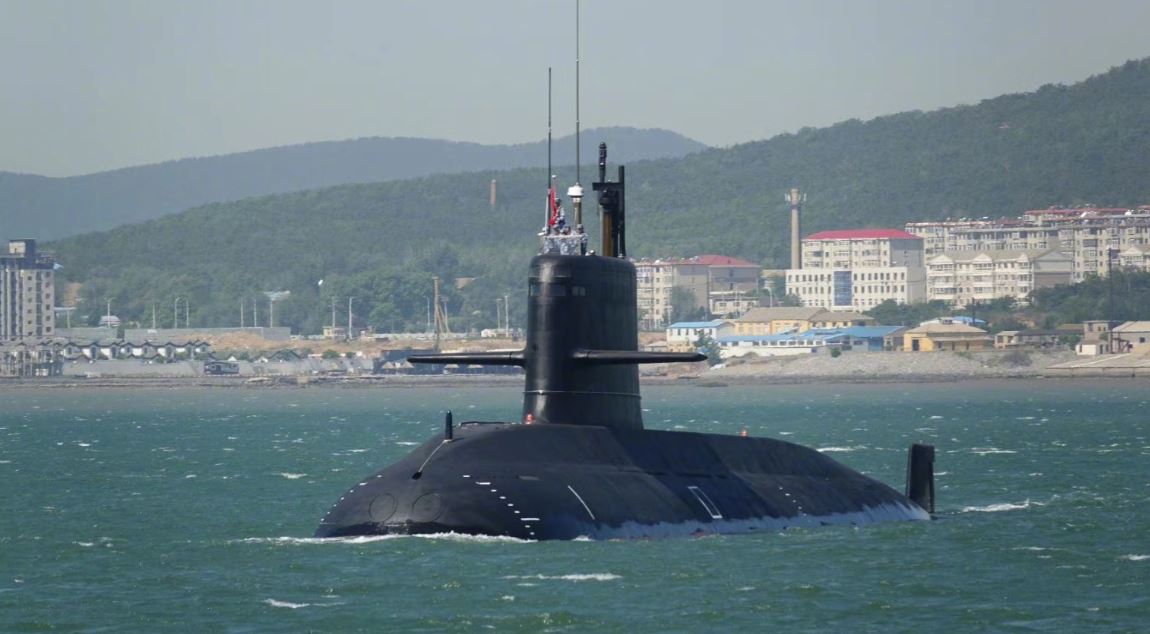Thailand Seeks to Proceed with Submarine Purchase from China, Months After Cancellation
Newly appointed Navy Commander Admiral Jirapol Wongwit emphasized that submarines are a critical asset in strengthening the Royal Thai Navy’s capabilities.
(DEFENCE SECURITY ASIA) — The Royal Thai Navy aims to proceed with the purchase of its first submarine from China, several month afer cancelling the deal due to the Chinese manufacturer failure to obtain German-made engine to be used by the submarine as agreed earlier.
Newly appointed Navy Commander Admiral Jirapol Wongwit emphasized that submarines are a critical asset in strengthening the Royal Thai Navy’s capabilities.
He expressed his readiness to address any concerns regarding the procurement with the country’s Defense Minister.
Admiral Jirapol, who assumed his new role today, is set to meet with Deputy Prime Minister and Defense Minister Phumtham Wechayachai to provide clarity on the submarine acquisition.
“The Royal Thai Navy is prepared to defend the proposed submarine purchase and to reassure all stakeholders that this procurement is vital for safeguarding maritime security,” said Admiral Jirapol as quoted by Bangkok Post.

Thailand, a neighboring country, has decided to acquire a frigate from China as a substitute for the submarine it was initially expecting from Beijing this year.
The submarine delivery was delayed as China failed to provide an appropriate engine.
Former Defense Minister Sutin Klungsang had previously announced that Thailand would temporarily postpone the submarine acquisition due to difficulties in sourcing the agreed-upon engine.
Thailand had signed a contract with China in 2017 to procure a Yuan-class S-26T submarine valued at US$350 million (RM1.5 billion).
The submarine deal has faced uncertainty due to Bangkok’s insistence that the submarine be equipped with the German-made MTU396 engine, as stipulated in the contract.
However, China has been unable to provide the engine due to European Union military sanctions that prohibit the export of military equipment or components to China.
As an alternative, Beijing proposed using its domestically produced CHD 620 engine, developed by Henan Diesel Engine.
Following Thailand’s “cancellation” of the submarine purchase and its decision to replace it with a frigate, China State Shipbuilding Corporation (CSSC), the company responsible for constructing the submarine for Thailand, offered the partially completed vessel to Indonesia.
CSSC reportedly offered Indonesia the Yuan-class S26T submarine, which has the capability to launch YJ-18 anti-ship cruise missiles.
In July, senior CSSC officials traveled to Jakarta in an effort to sell the S26T diesel-electric submarine, originally ordered by Thailand, to Indonesia.
CSSC officials reassured Indonesia’s Ministry of Defense that the submarine could still be modified to meet the requirements of the Indonesian Navy.
They also guaranteed that Indonesia would not face the same export restrictions encountered by Thailand’s Royal Navy. – DSA



Comments are closed.